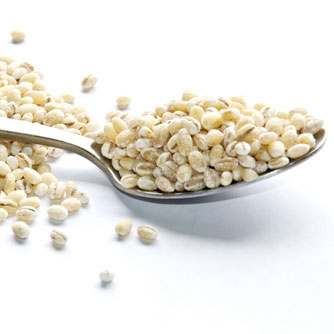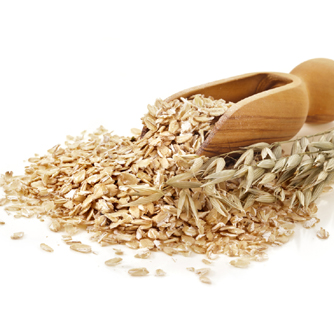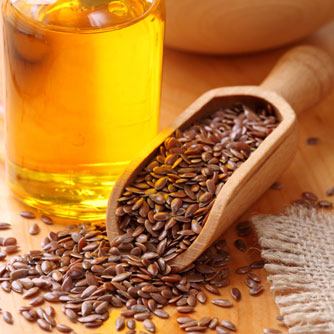Fruits & Veggies Help to Prevent Heart Failure
A diet rich in antioxidants may reduce a woman’s risk of heart failure by 42%. Colorful fruits and vegetables are abundant in antioxidants, compounds that may protect against cardiovascular disease by preventing lipid oxidation and endothelial damage – both of which can lead to atherosclerosis, and by preserving the nitric oxide pool – which helps …










